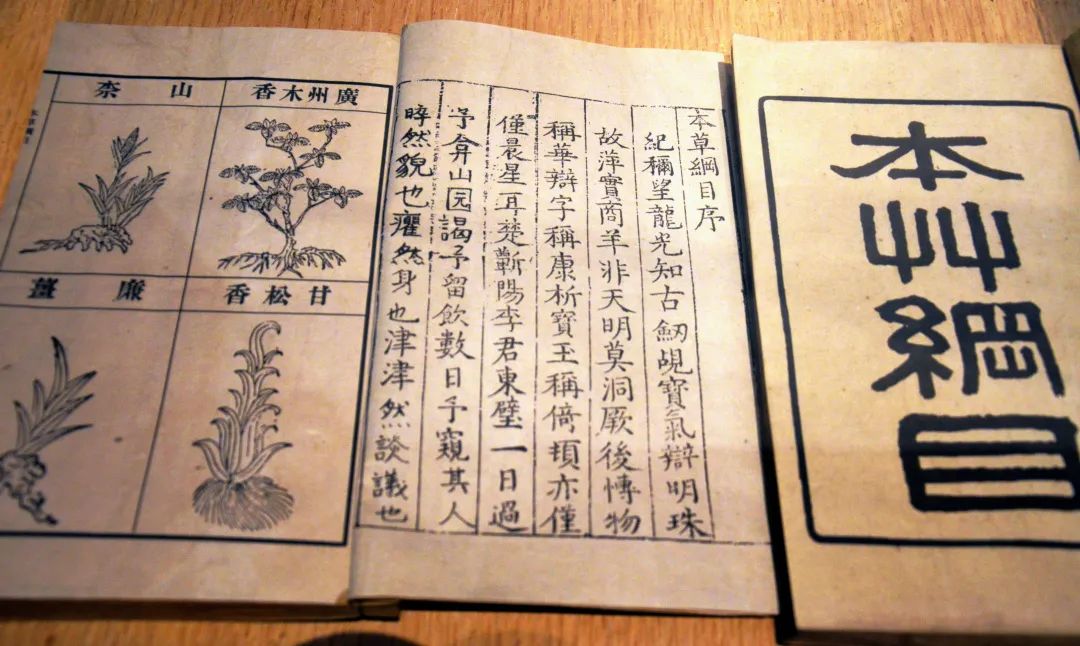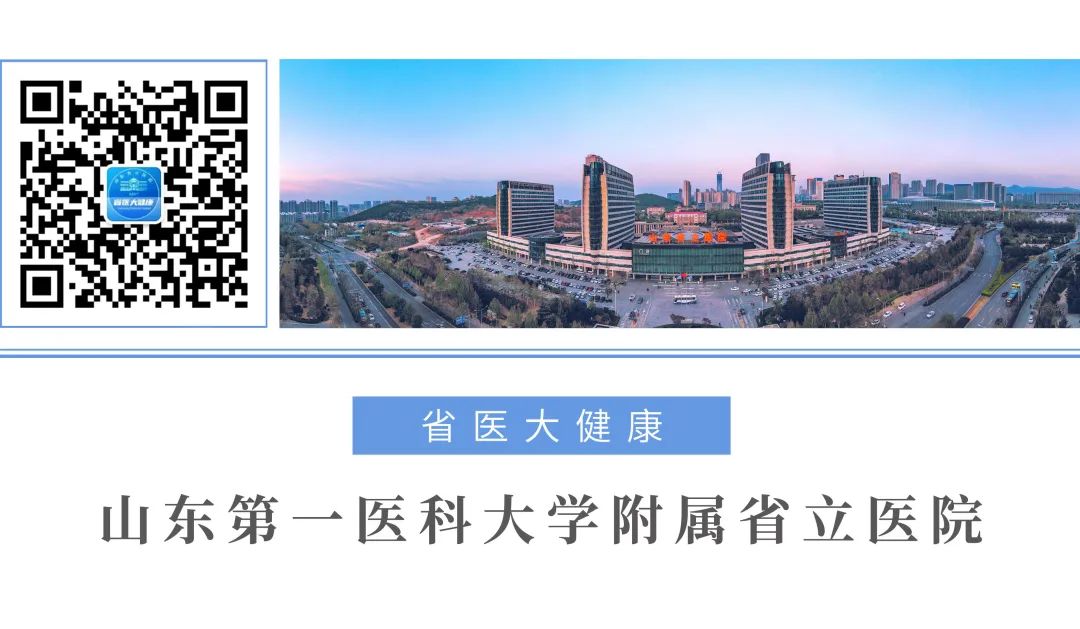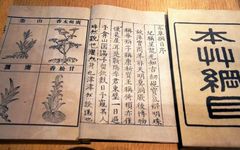

In daily life, many people are most familiar with decoctions (tāngjì) as a form of Traditional Chinese Medicine (TCM) preparation, but it is only one of many types of TCM formulations. The Huangdi Neijing records various forms such as decoctions, pills (wán), powders (sǎn), pastes (gāo), and medicinal wines, along with their preparation methods. The Shennong Bencao Jing emphasizes the importance of processing herbs, indicating that the choice of formulation should depend on the properties of the herbs. The Bencao Gangmu from the Ming Dynasty documents nearly 40 types of TCM formulations. With the increasing demand for clinical applications and advancements in modern technology, the variety of TCM formulations continues to expand. Choosing the appropriate formulation is key to ensuring and enhancing therapeutic efficacy; here, we list several common types.

01
▼
Use Decoctions for Acute and New Illnesses
In traditional TCM formulations, it is believed that: “Decoctions are for expelling major illnesses. Powders are for dispersing acute illnesses. Pills are for slower effects and cannot quickly eliminate them.” This means that for new, acute, or severe illnesses, decoctions and powders are preferred. Decoctions are easily absorbed and act quickly; during the boiling process, a series of physicochemical reactions occur, altering the pH of the herbal liquid, enhancing solubility, efficacy, and reducing toxicity. The precipitates or new components generated during these reactions can have therapeutic effects. Powders, being in a powdered form, are also very easy to disperse and absorb. For example, Huoxue Zhitong San (活血止痛散) is used for treating trauma, while Xiyansan (稀涎散) and Tongguansan (通关散) are used for treating confusion of the mind. Based on clinical experience, for those needing to disperse pathogenic factors and regulate chronic diseases, the decoction method can be used due to its small dosage, dispersing, and eliminating characteristics, such as Yinqiao San (银翘散) for wind-heat and Yupingfeng San (玉屏风散) for stabilizing the exterior.
02
▼
Use Water Pills for Chronic Disease Patients
Water pills (shuǐwán) use a liquid medium (water, alcohol, vinegar, or herbal juice) as a binder, making them easy to dissolve and absorb quickly compared to honey pills (mìwán), paste pills (húwán), or wax pills (làwán). They have a mild effect and long-lasting efficacy, making them suitable for chronic patients who require long-term medication.
03
▼
Use Honey Pills for Qi Supplementation
Honey pills are more commonly used in northern regions, while in the south, where the weather is humid, they are often made into water honey pills (shuǐmìwán). These use honey as a binder, which has the effects of tonifying Qi, alleviating pain, moistening the lungs, stopping coughs, and promoting bowel movements. This also determines the mild nature of honey pills, making them suitable for cough relief and Qi supplementation. Among them, water honey pills are smaller and easier to swallow and store than larger honey pills.
04
▼
For Emergency Situations, Choose Concentrated Pills and Drops
Concentrated pills (nóngsuōwán) and drops (dīwán) are characterized by rapid absorption and high bioavailability. For example, Danshen Diwan (丹参滴丸) is an excellent medication for treating cardiovascular diseases, known for its quick onset, lasting effects, and convenience of carrying.
It is important to note that when encountering common illnesses such as colds, heatstroke, diarrhea, or ulcers, the first reaction is often to purchase medications from a pharmacy. It is advisable to first explain your condition to a pharmacist, as many medications come in various forms such as capsules, tablets, and oral liquids, designed to meet different medication needs. For instance, Huoxiang Zhengqi (藿香正气) is commonly available as Huoxiang Zhengqi Shui (藿香正气水) and Huoxiang Zhengqi Soft Capsules (藿香正气软胶囊). The ethanol-containing Huoxiang Zhengqi Shui acts faster, but care should be taken to avoid using it with cephalosporins to prevent disulfiram-like reactions.

Editor | Ning Ran


